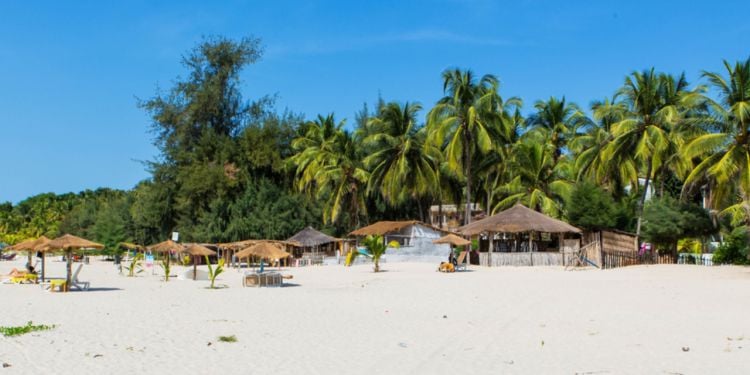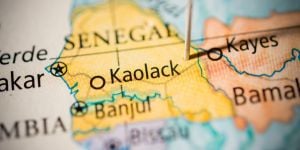
Senegal has long been a West African destination of choice for expats looking to live and work. Foreign professionals from around the world choose to work in Senegal, mainly in the big cities and coastal resorts. Thanks to the country’s diverse, developing economy, Senegal offers many different career prospects, which attract foreign professionals from around the world.
Senegal's labour market is also relatively open, but don't think that simply by being foreign that you'll be a shoo-in. Many locals are highly-qualified and have either studied at university in Senegal or abroad, particularly in France. Competition for top jobs is therefore fierce, but you still have a great chance of being hired if you have the requisite skills.
As the first port of call, you should also check out the required conditions and requirements for working in Senegal. Depending on your nationality, you may need a visa to work in the country.
Work visa in Senegal
If you are looking to work in Senegal long-term, it's best to apply for a foreigner identity card, which is valid for five years and is renewable. Whether you enter the country with or without a biometric visa (depending on your citizenship), you should make your request for a foreign identity card at the Foreigners and Travel Documents Police Department in Dakar:
Police Directorate of Foreigners and Travel Documents
Direction de la Police des étrangers et des Titres de voyage (DPETV)
Allées Serigne Ababacar Sy - Dakar
Phone: 33 869 32 10
The card is valid for five years and is renewable.
If you have moved to another city, contact the nearest police station to your place of residence. You should turn up with the following documents:
- Your original passport along with a certified photocopy of the pages containing the picture, the expiry date and the arrival stamp in Senegal
- A handwritten request for residence permit addressed to the Ministry of the Interior
- A birth certificate
- A criminal record check issued in your home country, less than three months old
- A medical certificate issued by a licensed doctor in Senegal
- Three passport-sized identity photos
- Documents proving your financial stability throughout the stay in Senegal
- A tax stamp worth CFA 15,000 (€23)
- The repatriation deposit receipt.
Residency cards are usually delivered within six months to a year. Whilst you are waiting for it, you will receive a receipt which will be valid for six months. This receipt can be renewed in case the resident card is not ready.
Renewing your visa costs 10,000 CFA (€15).
The labour market in Senegal
You are most likely to be hired in Senegal if you have a specialisation in any of the following sectors:
- Construction materials and chemical industries
- Property
- Tourism
- Engineering
- Technology
- Financial services
- Agroindustry
- Renewable energy
- Oil and gas
- Information and communications
- Commerce and sales
Senegalese-based companies tend to prefer hiring locally as it's deemed cheaper and easier (no need to house or transport a foreign professional and their family, for example). However, if you have specialist knowledge in any of the sectors mentioned (or other industries for that matter), that will stand you in good stead.
You should expect lower wages than what would receive in the USA and most European countries for the equivalent job. However, the standard of living is cheaper, and the tax rates are more preferable.
Good to know:
Some jobs, such as policing, are restricted to locals only, while others, like administrative roles, are far less likely to hire a foreigner.
Working conditions in Senegal
Senegal operates a legal working week of 40 hours, while foreign employees have to pay a 6% income tax rate on their salary.
Job hunting in Senegal
Unless you are being transferred to your company's Senegalese branch, there are various ways to find a job in Senegal before you travel. Using the internet, in particular websites such as Facebook (there are many groups dedicated to expat living) and LinkedIn, is a great place to start. In the country, do look at the local newspapers and be sure to ask around: word of mouth and networking often deliver unexpected results.
In addition, consider sending spontaneous job applications to major companies operating in the country.
Useful links:
We do our best to provide accurate and up to date information. However, if you have noticed any inaccuracies in this article, please let us know in the comments section below.








